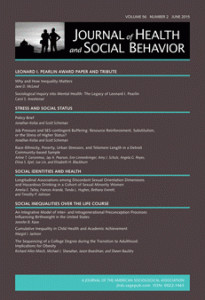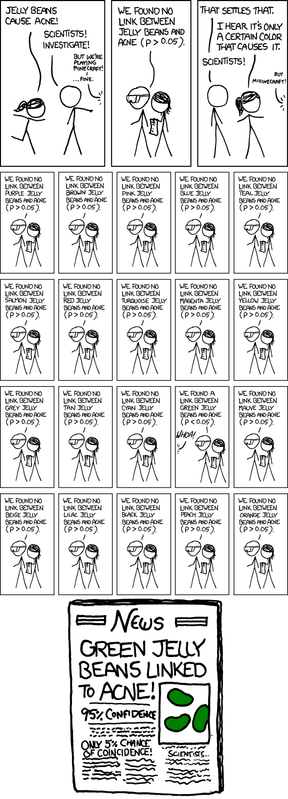
“To our horror”: Widely reported study suggesting divorce is more likely when wives fall ill gets axed
A widely reported finding that the risk of divorce increases when wives fall ill — but not when men do — is invalid, thanks to a short string of mistaken coding that negates the origina…
